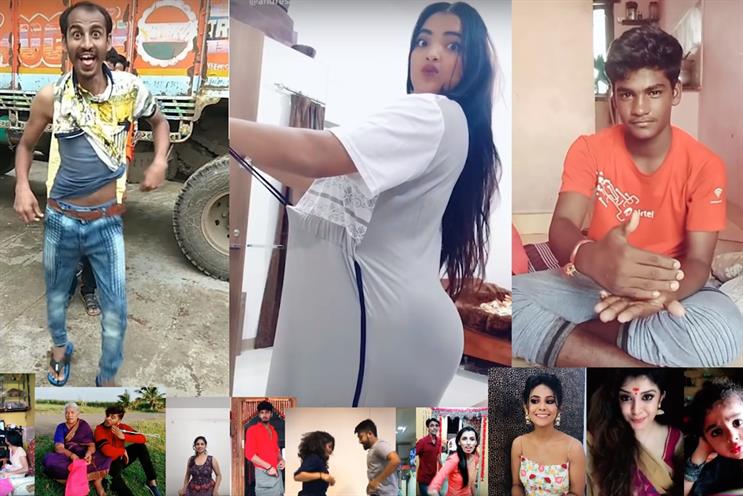
The rise of video-sharing app TikTok in India [despite a brief ban earlier this year] is redefining our cultural understanding from the way we perceived it earlier: that cultural influence travels downwards.
What I find really exciting about the TikTok revolution is the new burst of creative expression that you find on it, particularly among young people from smaller towns, who were previously invisible or have been marginalised. These are the voices in society that we normally do not hear.
Instead, we are now getting to see an unapologetic form of creativity and there are several elements to it. One is in the form of uninhibitedness of self-expression in the videos that they put out. The other is in the music tracks that they are dancing to. They are not the biggest hits in the country, but regional songs from Bengali to Tamil, and everyone does their own version of it. You are getting a pan-India commonality of expression from this medium, with variations emanating from a common pool of creative expression.
The other thing is that there is no embarrassment about the very modest surroundings where the videos are being filmed. The people posting are not trying to hide the fact that they are in a small house with plaster peeling off the walls. They are not pretending to be anything but what they are. And that’s in a society that is so hierarchy-driven, class-conscious and caste-conscious. To have a playing field where everyone is able to express themselves so freely is a very interesting development.
You might expect a hierarchy in the music that the people on the app choose for self-expression. For example, the "metros" might be comfortable with a certain style of music and as you go down the strata you expect another genre of music. But there are enough examples where you will find people in villages grooving to Western tracks. The entire distance that was presumed between one class and another is renegotiating itself.
The fact that there is a certain edginess and freedom is very exciting culturally. It throws open the doors to reimagining what a big town or small town is or how fashion moves from one place to the other. Some of the old assumptions in retail or fashion could get dismantled. There are so many possibilities, and that’s the exciting part of any new cultural phenomenon.
Santosh Desai is managing director and chief executive of Futurebrands, Delhi



.jpg)
.jpeg)
